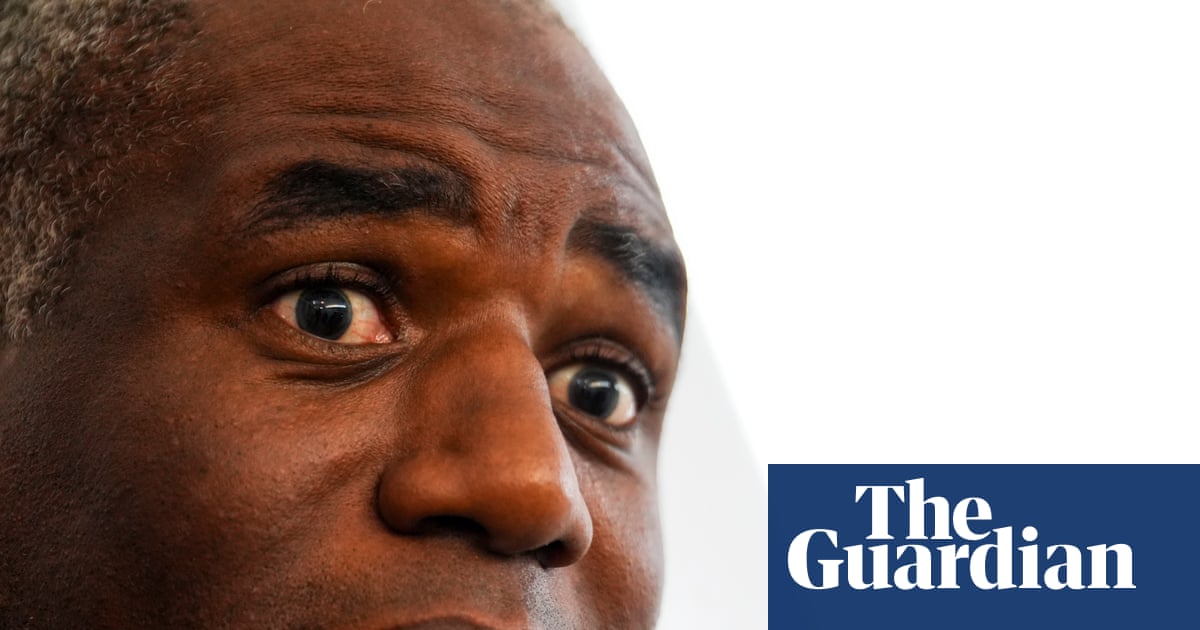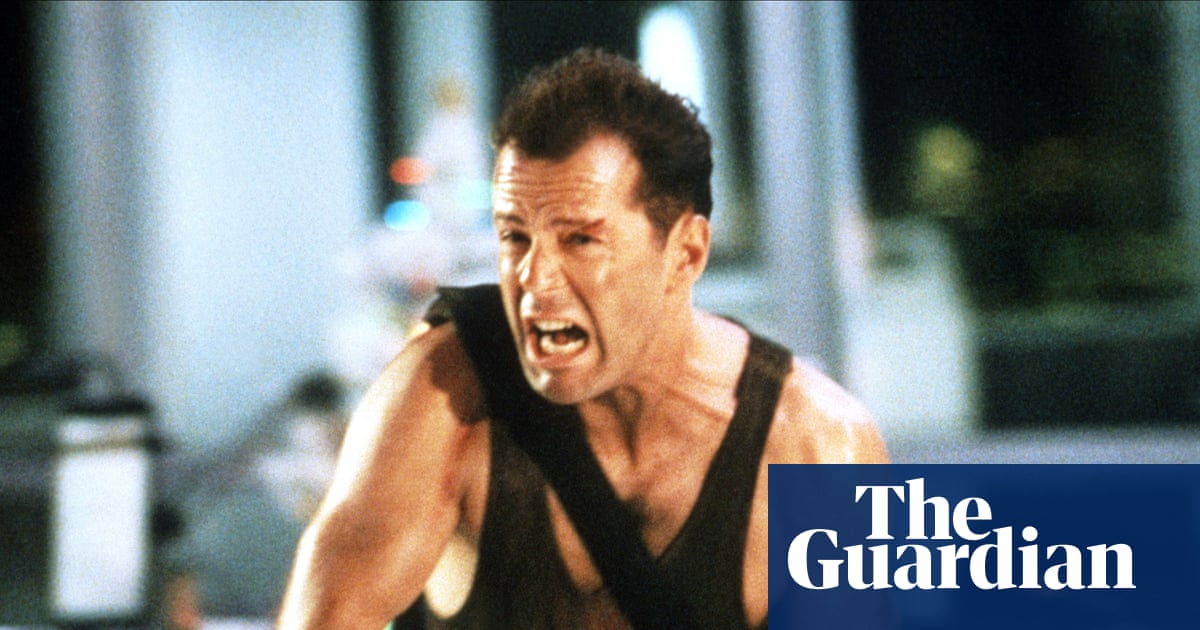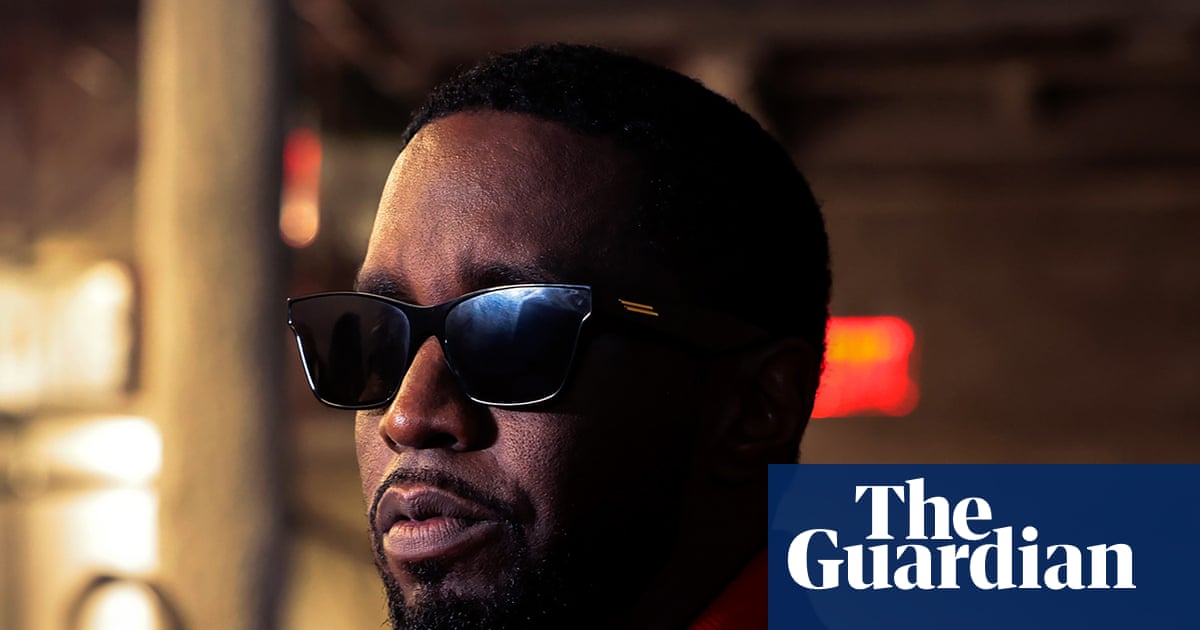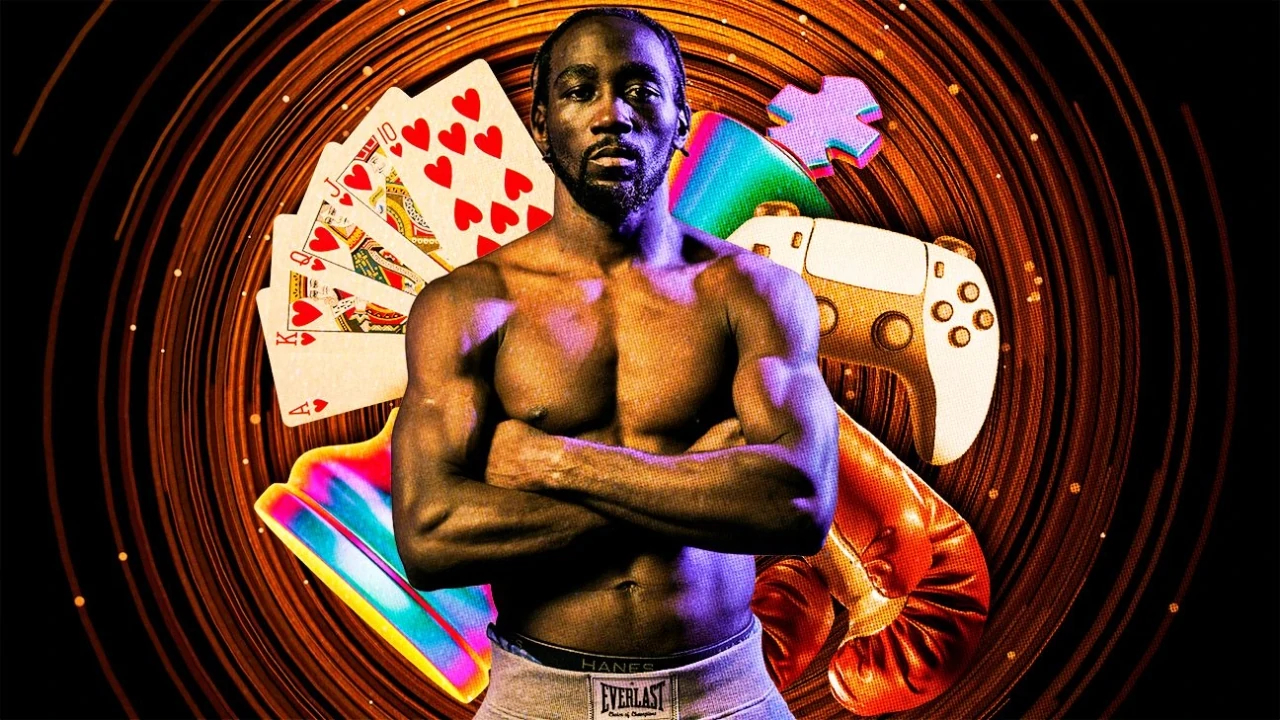I am 53 and my husband is 60. When our relationship started, he was the forgetful one; I tended to remember everything. I have always been mindful that I might need to look after him in his old age. But I am a caring person, and always thought I would manage.
This is not how things have worked out. My husband is pretty healthy, while I am suffering the beginnings of a noticeable cognitive decline – forgetfulness, overwhelm and a decrease in mobility – which I haven’t been to the doctor about yet.
My husband is not a very outwardly caring person, and I have no idea if he will care enough to look after me if I become more immobile or start to forget things more. I want to feel loved, but I don’t. This is sad in itself, and really scary for the future.
I have had some health challenges in the last year and am doing my best to look after myself. My husband gives me a lot of advice about my weight and health, but he doesn’t walk or talk more slowly if I struggle to keep up.
Today we went to the cinema as a family. I booked it, paid and drove, but my husband and kids walked off to the cinema without me and I couldn’t catch up. I want to be together, but I’m left behind. This feels like a metaphor for our life.
What I really want my husband to say is, “Don’t worry, I’ll take care of you, and you take care of me.” But I just don’t think he’s capable of it.
Your letter was one of the saddest I’ve read. Not because it is without hope – quite the opposite – but because this gap between you and your family could be bridged with communication. But I know that takes courage.
Please go to the doctor. A proper checkup could put your mind at rest, or give you concrete answers to present to your family. So many women your age, who have had a lifetime of looking after others, are exhausted and overwhelmed – not because they are failing, but because they are so capable. It’s time to start looking after you.
UKCP registered psychotherapist Meeri Rebane was “moved by your letter and your courage in asking for help. It seems that being the strong physically capable ‘carer’ is a role you’ve carried throughout your life. From the start of your relationship with your husband, you took on the responsibility of thinking about what and who needs taking care of in the family.” Rebane went on to say that there’s “nothing wrong with that, people can get great fulfilment from caring for others, but who took care of you when you were growing up? It seems you were taught to be the ‘caring person who would always manage’, but also that to ‘not manage’ was not OK.”
We wondered if this was why you don’t feel you can ask for help now? I wondered about your life when you were a child. You may find the podcast I did on the Parentified Child useful.
after newsletter promotion
When you’re the planner and the fixer, you and your needs can become invisible because you just get on with it. I don’t think your husband and children are uncaring – after all, you’ve shown them a lifetime of how to do it – but it’s very likely they have no idea at all how you feel.
“Your husband may not be capable of giving you the response you need at first,” says Rebane. “His way of expressing care may be different to yours. It doesn’t mean he doesn’t want to take care of you. If you don’t tell him what you need, however, he can’t even try to support you.”
Asking for things when we’re not sure we will get them is scary, but where you are feels scary too. I know it’s another thing you have to instigate (if only our families were mind-readers!) but seeing the doctor and then being clear and realistic about your needs is a really good way to help them help you.
Every week, Annalisa Barbieri addresses a personal problem sent in by a reader. If you would like advice from Annalisa, please send your problem to [email protected]. Annalisa regrets she cannot enter into personal correspondence. Submissions are subject to our terms and conditions. The latest series of Annalisa’s podcast is available here.

.png) 3 months ago
45
3 months ago
45

















































